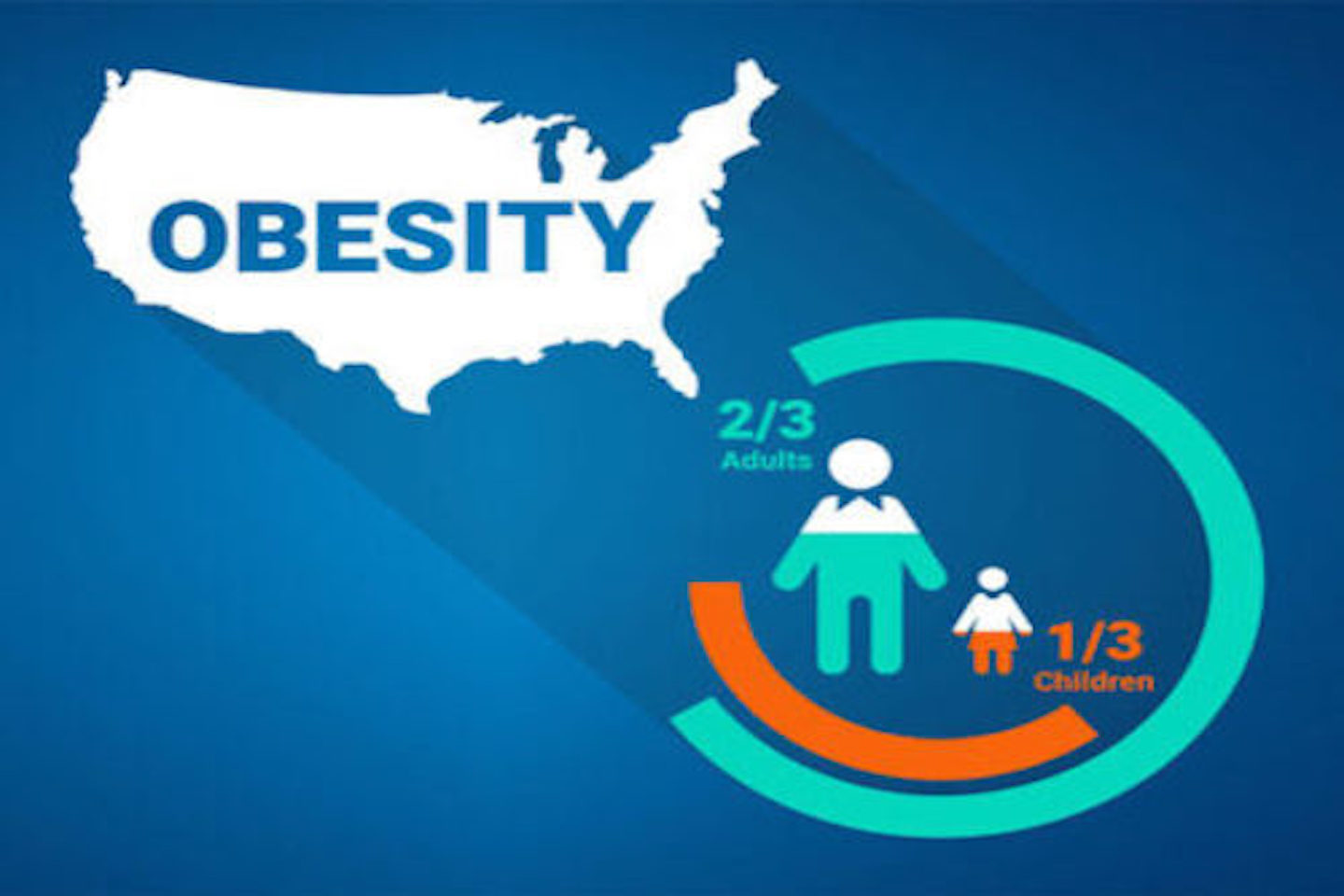Author: Dr. S K Wagnoo, Senior Consultant Endocrinologist, Apollo Indrprastha Hospital, New Delhi
India
healthysoch
New Delhi, March 03, 2024:
 Obesity is a significant health concern for various countries, including India. Although dietary factors mainly influence obesity, there is no doubt that obesity is a complex and multifactorial issue influenced by genetic, environmental, and behavioral factors.
Obesity is a significant health concern for various countries, including India. Although dietary factors mainly influence obesity, there is no doubt that obesity is a complex and multifactorial issue influenced by genetic, environmental, and behavioral factors.
In addition to affecting both mental and physical well-being, obesity presents a significant health hazard, contributing to a variety of long-term health issues such as heart disease, diabetes, high cholesterol, stroke, and respiratory disorders like sleep apnea and asthma. Moreover, the emotional toll of obesity, including feelings of depression and diminished self-esteem, further highlights its extensive impact on overall health.
How does obesity increase the risk of diabetes?
Obesity increases the risk of diabetes primarily through the development of insulin resistance and the secretion of inflammatory molecules by adipose (fat) tissue. Ahead are a few reasons how obesity impacts the management of diabetes/increases its risk:
Insulin Resistance: Adipose tissue is not just a storage site for fat; it also performs an essential function as an active endocrine organ that releases various signaling molecules. As the amount of fatty tissue increases in obesity, it releases substances that interfere with the normal functioning of insulin—a hormone crucial for regulating blood sugar levels. In other words, this leads to insulin resistance, where the body’s cells become less responsive to the effects of insulin, resulting in elevated sugar levels.
Inflammatory Response: Obesity has been continuously associated with chronic low-grade inflammation, as insulin resistance impairs the ability of cells to take up glucose effectively.
Dysregulation of Fat Metabolism: When a person has obesity, an excess of free fatty acids is circulating in their bloodstream. These elevated levels of fatty acids can interfere with insulin action in tissues such as the liver and muscles, contributing to insulin resistance and impaired glucose metabolism.
In the long term, obesity can also lead to pancreatic stress and damage, which then affects the organ’s ability to produce sufficient insulin. This decline contributes to the progression of type 2 diabetes in obese individuals.
How does obesity increase the risk of heart disease?
Obesity is a significant risk factor for heart disease, and it contributes to cardiovascular problems through various mechanisms, some of which are mentioned below:
High Blood Pressure (Hypertension): An obese person requires additional blood supply, increasing pressure on the person’s cardiovascular system, leading to elevated blood pressure, a significant risk factor for heart disease.
Dyslipidaemia: Obesity often leads to an unfavorable lipid profile, characterized by elevated levels of triglycerides and low-density lipoprotein (LDL) cholesterol and decreased levels of high-density lipoprotein (HDL) cholesterol. This dyslipidaemia is a crucial contributor to the development of atherosclerosis. In this condition, fatty deposits build up in the arteries, narrowing them and increasing the risk of heart attacks and strokes.
Additionally, obesity can also lead to insulin resistance and chronic inflammation, both of which can lead to the formation of plaques, narrowing the arteries and therefore increasing the risk of any cardiovascular event, from heart attacks to stroke.
In conclusion, addressing obesity is crucial for reducing the risk of chronic diseases, including diabetes, stroke, and heart disease. In this effort, regular medical check-ups and monitoring of risk factors are essential for individuals with obesity so that they can mitigate/avoid potential health complications.
healthysoch







